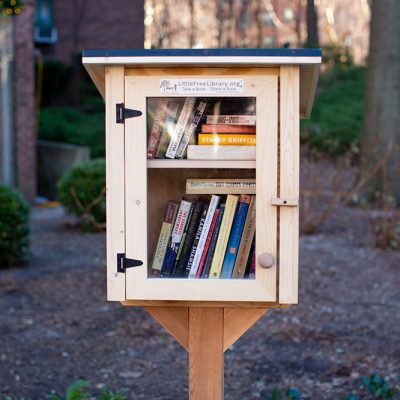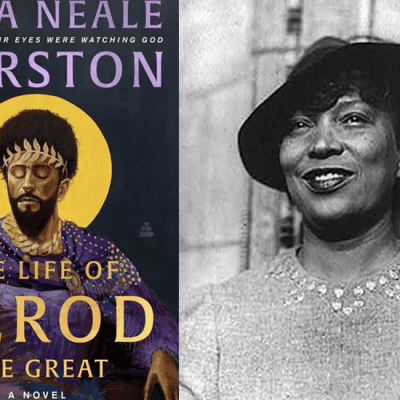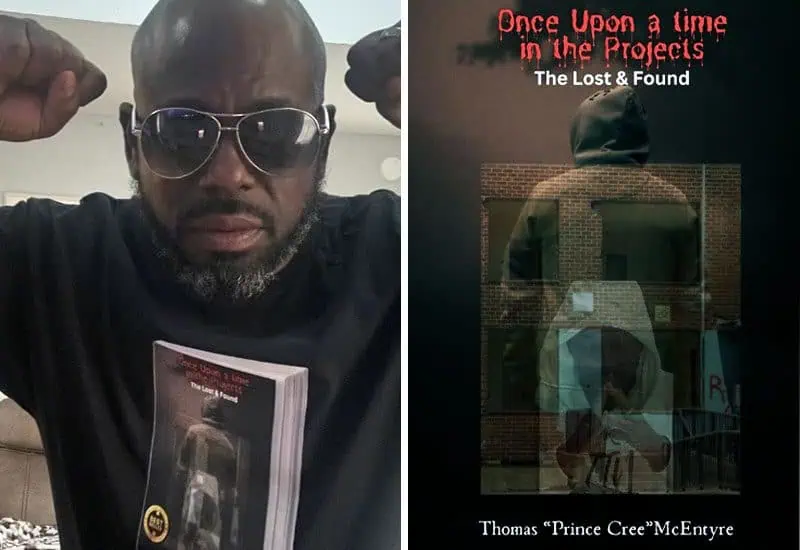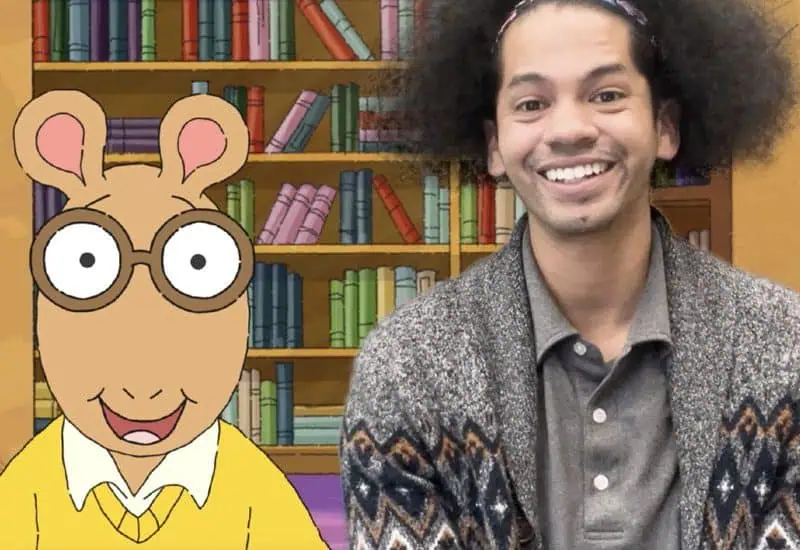In Helen Phillips’ dystopian novel Hum, AI-based robots known as “hums” have made many of today’s jobs obsolete. We follow May as she loses her own job to artificial intelligence and, in desperate measures to pay off her family’s debt, becomes a guinea pig in an experiment that alters her face so that it isn’t recognized by surveillance—a choice she will certainly regret later.
In search of relief from her recent challenges and her family’s obsession with their devices, May arranges a three-night getaway in the Botanical Garden, a unique sanctuary where forests, streams, and animals flourish. Her request for her husband and children to leave their devices at home proves more difficult than she imagined, and the garden’s lush surroundings fail to offer the peace she sought. When her children are threatened, May finds herself relying on a hum to restore her family’s harmony.
“Written in taut, urgent prose, Hum is a work of speculative fiction that unflinchingly explores marriage, motherhood, and selfhood in a world compromised by global warming and dizzying technological advancement,” reads the synopsis.
In an interview with LitHub’s Jane Ciabattari, Phillips discussed the inspiration behind the novel and how she drew heavily from the current state of the world.
The name of the machines, hum, holds dualistic meaning: “On the one hand, “hum” can refer to all the noises emitted by the machines that surround us, the low constant hum of activity, a potentially anxiety-producing buzz that might cause us to long for silence,” said Phillips.
“On the other hand, “hum” is a beautiful-sounding word that can call to mind a parent humming a lullaby to a child. And, it’s a form of the sacred sound om. This duality in the word “hum” is important to the book, and to the characterization of the hums. They are elegant, sculptural beings. They are instruments of capitalism, of advertising, of surveillance. They have help and wisdom to offer (if one pays to turn off their advertising impulse). They exist in a gray area.”
Phillips also aimed to explore our relationship, especially children’s relationship, with the natural world as so much of nature is under threat due to climate change. “The plotlines and complications that develop in the Botanical Garden spring in large part from May’s quest for authenticity—for real nature, for real connection.”
What’s both notable and terrifying is that Hum is eerily similar to a once-dystopian reality that we are headed towards in incredible motion. Akin to the stories of Ursula Le Guin, Margaret Atwood, and Kafka, Hum follows a line of top-tier speculative fiction. Phillips is currently working on a collection of short stories and in the note-gathering process for her next novel.
Hum is now available to purchase at your local bookstore.
As an independent magazine with a small team, we rely on the support of our readers to keep JARO’s content free and accessible to everyone. Please support our ability to continue delivering the best of the African Diaspora with a donation as little as $1. Thank you!








